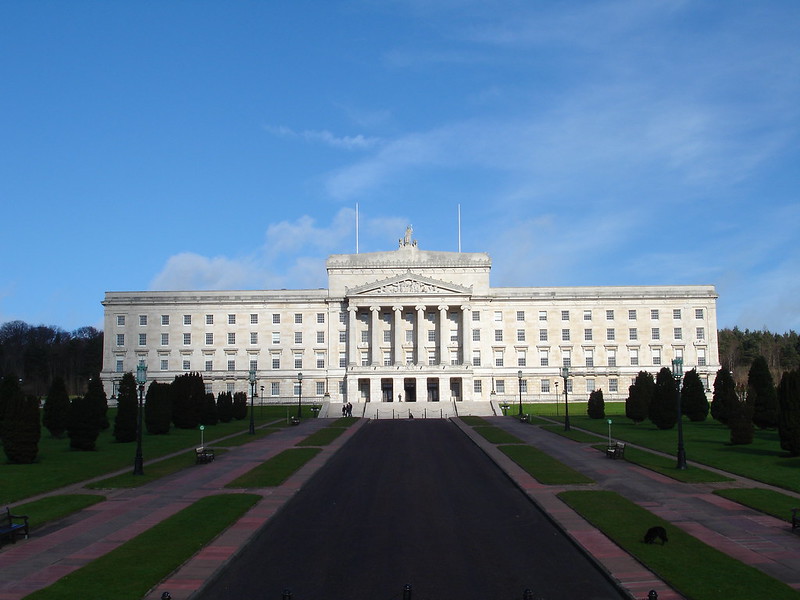Northern Ireland’s government is back up and running – here’s how it happened and why
After three years without devolved government, the 'New Decade, New Approach' agreement has led to a restoration of power-sharing. Dr Peter McLoughlin explores how and why parties came to an agreement.

The Northern Ireland government is back up and running after the British and Irish governments jointly announced a draft deal to resolve the continued political stalemate in the region, exactly three years to the day since power-sharing broke down. A few days later, the deal has now been formally agreed.
It has been widely suggested that the Westminster elections, and losses suffered by both the DUP and Sinn Féin, were the main reason they suddenly agreed to return to sharing power. The threat of a fresh assembly election for Northern Ireland, which could see their dominance further eroded, may well have influenced their thinking. Recent gains by moderate parties, arguably reflecting the frustration of voters at the inability of Sinn Féin and the DUP to compromise, surely focused minds.
One of the key sticking points had been Sinn Féin’s insistence on legislation to help promote and protect the Irish language in Northern Ireland. Many unionists were staunchly opposed, seeing this as part of a broader project by Sinn Féin to gradually undermine the “Britishness” of Northern Ireland.
The new deal allows compromise on this issue. It promises to appoint an Irish language commissioner, and standards that pubic bodies will have to meet to provide services in Irish. However, balancing things out, Sinn Féin did not get the stand-alone Irish language act which it had demanded.
To continue reading, please click here.
Article originally appeared in The Conversation.
The featured image has been used courtesy of a Creative Commons license.




